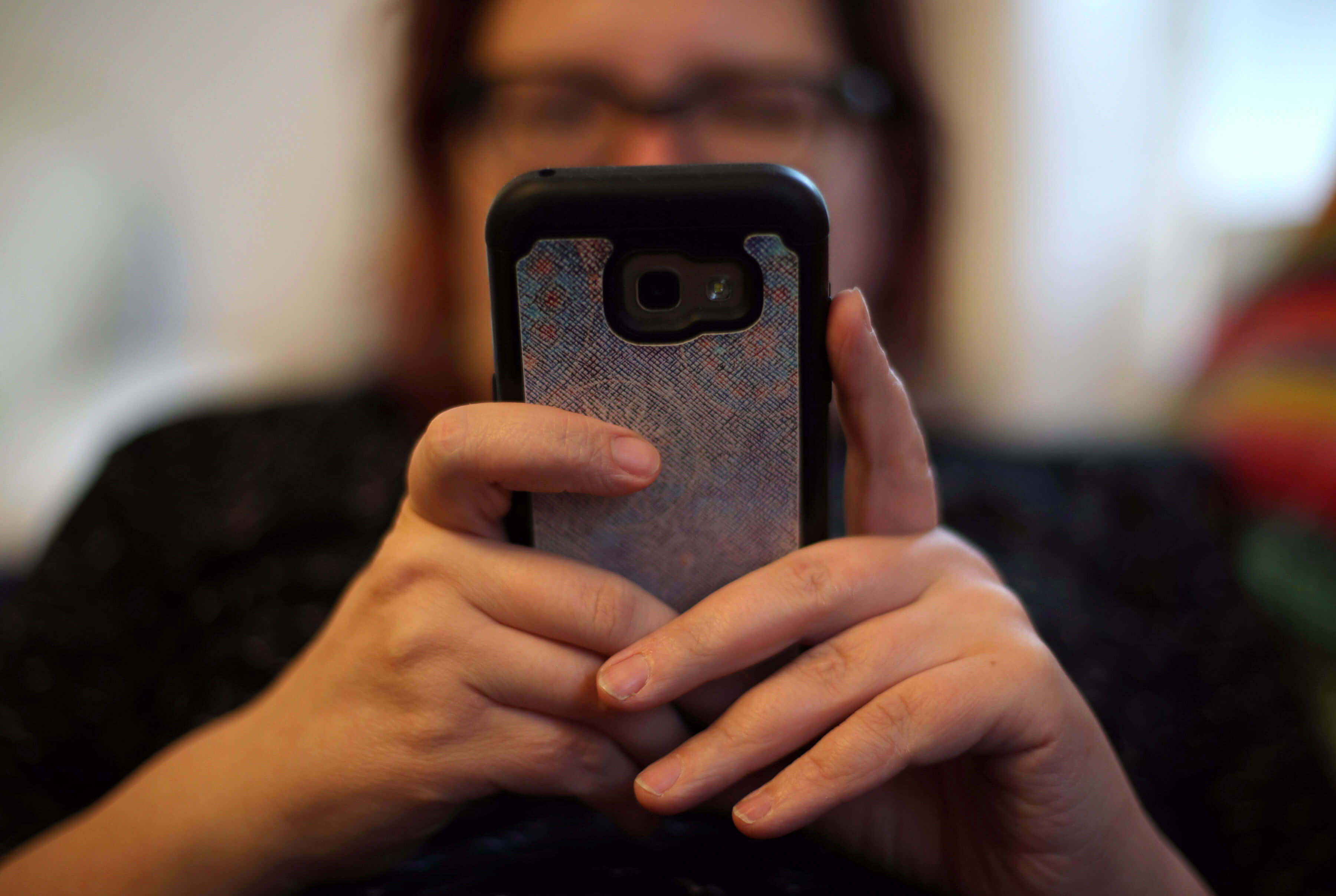NCAA launches Draw the Line to address sports betting – NCAA.org

The NCAA has launched Draw the Line, a campaign prioritizing student-athlete education on the effects of sports betting while also addressing problem gambling for all who consume and participate in college sports.
The campaign debuts during the first week of the Division I Men’s and Women’s Basketball Championships and one of the country’s busiest times of the year for betting. According to a recent report from the American Gaming Association, $2.72 billion could be wagered with American sportsbooks on this year’s tournaments, nearly twice as much as is believed to have been wagered on this year’s Super Bowl.
Draw the Line is aimed at college students and will run across social media channels. It also includes a membership toolkit for member schools and conferences to access resources that extend the campaign to their campuses.
Sports betting is legal in more than 30 states, and more than half of college-age students report having bet on sports at least once in the previous year.
According to a 2023 NCAA study, it’s pervasive among 18- to 22-year-olds on college campuses, with 67% having engaged in sports betting.
“Sports betting is everywhere — especially on college campuses — so it’s critical student-athletes get the real story about how it can impact them and their ability to play,” NCAA President Charlie Baker said. “We know some bettors are harassing student-athletes and officials, so that’s why we are advocating for policy changes at the state level and launching monitoring tools around championships to refer serious threats to law enforcement. The NCAA is doing more than ever to protect the integrity of the game and arm student-athletes with the truth about sports betting.”
Last fall, the NCAA began advocating for states to update their sports betting laws. In the past five years, 38 states have passed 38 different laws legalizing sports betting, and while some contain robust protection and integrity provisions, many do not. The Association is pushing for new regulations to protect student-athletes from harassment or coercion, address the negative impacts of problem gambling and protect the integrity of NCAA competition.
In the wake of the effort, multiple states have moved to restrict prop bets, wagers not tied to the overall outcome of a game. In Ohio, student-athletes, campus leaders and the national office worked with gaming regulators to prohibit player-specific prop bets. Since Ohio’s move, West Virginia, New Mexico and Maryland have taken steps to protect student-athletes from sports betting harassment.
The NCAA is also working with Signify Group to pilot an initiative targeting social media harassment for the 2023-24 championship season. The initiative focuses on select championships with a heightened risk for harassment and abuse directed at championship participants, particularly student-athletes.
In addition, the Association is continuing its educational efforts with EPIC Global Solutions. Over 50,000 student-athletes, coaches and administrators have been reached as part of the program, the largest of its kind globally. The NCAA has also launched its first sports betting e-learning module, designed to educate more than 500,000 current and prospective student-athletes on problem gambling harms and the risks sports betting poses to the integrity of sports.
Related
Sports Betting Giant Flutter Forecasts Strong U.S. Growth To Drive…
Flutter CEO Peter Jackson.Courtesy of Flutter Entertainment Flutter Entertainment, the world’s largest online gambling company, said that it’s expecting str
BetBlocker Enters US Responsible Gambling Market
The charity, originally from the UK, launched a US unit, BetBlocker US, as part of its North American entry. The organiz
Viewers react to ’embarrassing’ JD Vance comment toward Zelenskyy as…
Social media users watching clips of the heated meeting between President Donald Trump, Vice President JD Vance and President Volodymyr Zelenskyy have called a
Ukraine latest: Zelensky urges Trump to stand ‘more firmly on…
We have Zelensky's statement in full Below, we have Ukrainian president Volodymyr Zelensky’s statement in full after touching down in the UK following a fiery













